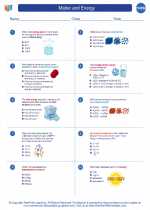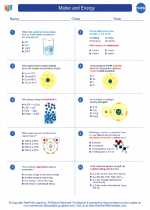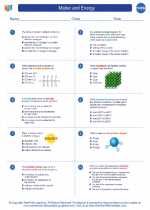Matter and Energy -> pollution
Pollution
Introduction
Pollution refers to the introduction of harmful contaminants into the natural environment, leading to adverse effects on ecosystems, living organisms, and human health.
Types of Pollution
Air Pollution
Air pollution occurs when harmful substances including particulates and biological molecules are introduced into Earth's atmosphere. This can lead to health problems, environmental damage, and climate change.
Water Pollution
Water pollution involves the contamination of bodies of water such as rivers, lakes, and oceans with harmful substances. This can have detrimental effects on aquatic life and also impact human health through the consumption of contaminated water.
Soil Pollution
Soil pollution occurs when hazardous chemicals, toxins, and waste materials are deposited into the soil. This can lead to degraded soil quality, affecting plant growth and contaminating food sources.
Noise Pollution
Noise pollution refers to the presence of excessive or disruptive noise in the environment that can have detrimental effects on human health and well-being, as well as wildlife and ecosystems.
Causes of Pollution
- Industrial activities
- Vehicle emissions
- Agricultural practices
- Improper waste disposal
- Deforestation and urbanization
Effects of Pollution
The effects of pollution are far-reaching and can include:
- Respiratory diseases
- Waterborne illnesses
- Loss of biodiversity
- Climate change
- Damage to ecosystems
- Adverse impact on agriculture
Prevention and Mitigation
Efforts to prevent and mitigate pollution include:
- Regulations and environmental policies
- Use of cleaner technologies
- Waste management and recycling
- Promotion of sustainable practices
- Public awareness and education
Conclusion
Pollution is a pressing global issue that requires collective efforts to address. By understanding the causes and effects of pollution, as well as implementing effective prevention and mitigation strategies, we can work towards a cleaner and healthier environment for current and future generations.
.◂Chemistry Worksheets and Study Guides High School. Matter and Energy

 Worksheet/Answer key
Worksheet/Answer key
 Worksheet/Answer key
Worksheet/Answer key
